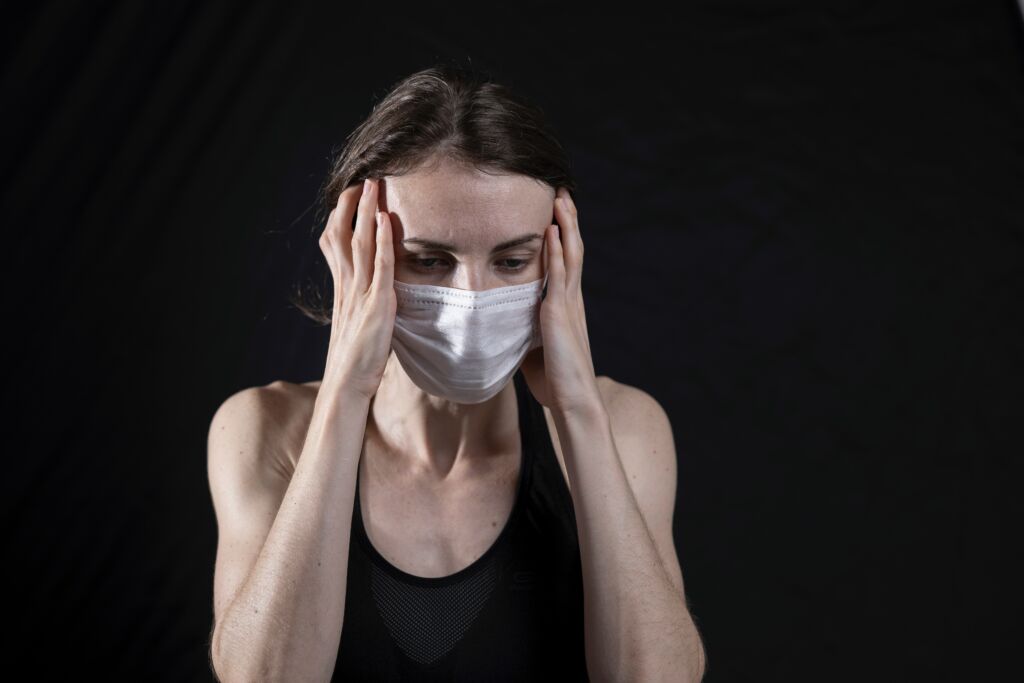For the second time in two years, the World Health Organisation (WHO) has declared a global emergency. On July 23, 2022, the spread of monkeypox became a “public health emergency of international concern”, a designation given to only two other diseases: polio and Covid-19. WHO added that it doesn’t really understand how monkeypox is infecting tens of thousands of people. “We have an outbreak that has spread around the world rapidly through new modes of transmission, about which we understand too little, and which meets the criteria” for a public health emergency,” said WHO director-general, Dr. Tedros Adhanom Ghebreyesus.
As always, take care and travel safe.
Top Travel News From July 14 To July 25

Recommended Travel Restrictions
Europe has been singled out as the only global region where the risk of this disease is high. Dr. Tedros added: “WHO’s assessment is that the risk of monkeypox is moderate globally and in all regions, except in the European region where the risk is deemed high.
WHO has made several temporary recommendations including restrictions on international travel:
- Anyone with signs and symptoms of monkeypox virus infection, or subject to health monitoring, should avoid undertaking any travel until they are determined as no longer being a public health risk.
- Exemptions should be made for those who need to travel for urgent medical care or fleeing life-threatening situations. However pre-departure arrangements “to ensure the continuity of health monitoring” should be agreed on by national health authorities.
- International contact tracing should also be used for people who have developed signs and symptoms of monkeypox during travel or upon return.
What is monkeypox?

Monkeypox used to be a rare disease. It is caused by infection with the monkeypox virus. Monkeypox occurs throughout Central and West Africa, often near tropical rainforests. Patients are usually ill for 2–4 weeks.
Symptoms include fever, headache, muscle aches, and swollen lymph nodes, followed by a rash. The skin eruption usually begins within 1–3 days of the appearance of fever. The rash tends to be more concentrated on the face and extremities. The rash can affect the face (in 95% of cases), palms of the hands, and soles of the feet (in 75% of cases). Also affected are oral mucous membranes (in 70% of cases), genitalia (30%), conjunctivae (20%), as well as the cornea.
However, symptoms may have changed as patients with monkeypox in the UK have noticeably different symptoms from those seen in previous outbreaks, according to researchers in London. Here, patients reported less fever and tiredness and more skin lesions in their genital and anal areas than typically seen in monkeypox, the study of 54 patients at London sexual health clinics in May 2022.
Monkeypox is fatal in as many as 1 to 11% of people who become infected. According to the WHO, the case fatality ratio has been around 3–6%. Note that, prior vaccination against smallpox may provide protection against monkeypox.
How does It spread?

People usually become infected with the monkeypox virus through contact with the skin lesions or bodily fluids of infected animals or humans (alive or dead), including respiratory droplets, or through contact with materials contaminated with the virus, e.g. from bed sheets. Researchers are currently working to establish whether it can also be transmitted via semen, the classic definition of sexual transmission.
Preventing monkeypox
Reduce your risk of catching monkeypox by limiting close contact with people who have suspected or have this disease. This includes animals who could be infected. Clean and disinfect environments that could have been contaminated with the virus from someone who is infectious. It is also important to have open conversations with those you come into close contact with (especially sexual contact) about any symptoms you or they may have.
Tips on dealing with travel chaos

The return of summer travel in Europe has been overshadowed by travel chaos in recent months. Thousands of people have faced airport queues of up to three hours, delays, and thousands of cancellations in many European destinations. Airports and airlines face staff shortages and many have reduced the number of scheduled flights, unfortunately at short notice.
One way to avoid holding up a queue at an airport is to be familiarised with airport security rules.
- European airport regulations state that passengers must ensure all liquids, gels, and pastes in their hand luggage are under 100ml and packed into one clear resealable bag to go through the airport security scanners.
- Pockets also need to be emptied and large electricals should be taken out of hand luggage and put into a tray.
- Some airports also insist on passengers removing belts and boots, so where possible it is worth packing these in hold luggage rather than wearing them to fly.
When is the busiest time to fly from an airport in Europe?
It is a misconception that flying early is a good way to dodge the worst of the airport queues. The biggest queues at Manchester, Birmingham, and Leeds Bradford airports are being reported in the early hours – between around 4 am and 7 am. A spokesperson for Yorkshire’s Leeds Bradford Airport said that the longest security queues were being experienced during peak travel times, from 4 am to 8 am and 1 pm to 4 pm. Airports also experience increased passenger traffic between Friday and Monday. This is due to weekend leisure trips and commuting patterns.
The conclusion: if you’re looking to book a flight to Europe sometime soon, travelling at lunchtime during the week could be your best bet.

READY TO TRAVEL safely and keen on avoiding travel chaos?
REACH OUT TO US AT +603 2303 9100 OR
[email protected]
You may also be interested in:
- Adventure Tours in Australia
- The Best Onsens in Japan
- Malaysia Public Holidays In 2023: Getaways For The Long Weekends
- The Best K-Dramas Locations to Visit in South Korea
